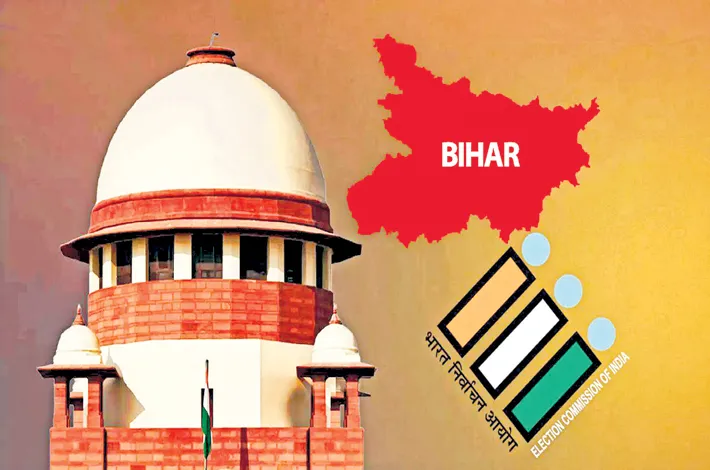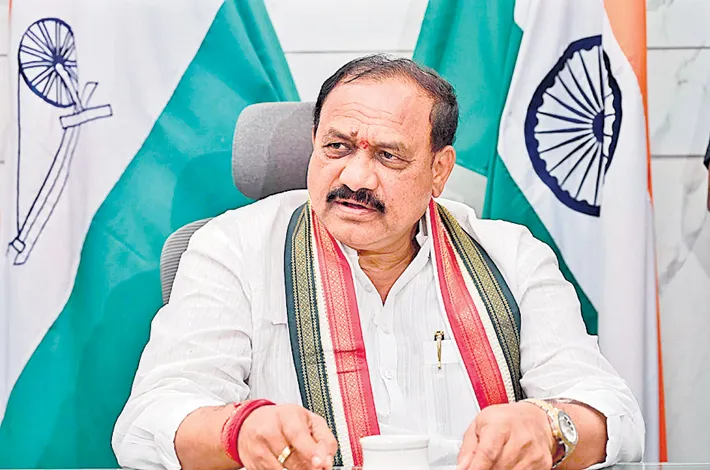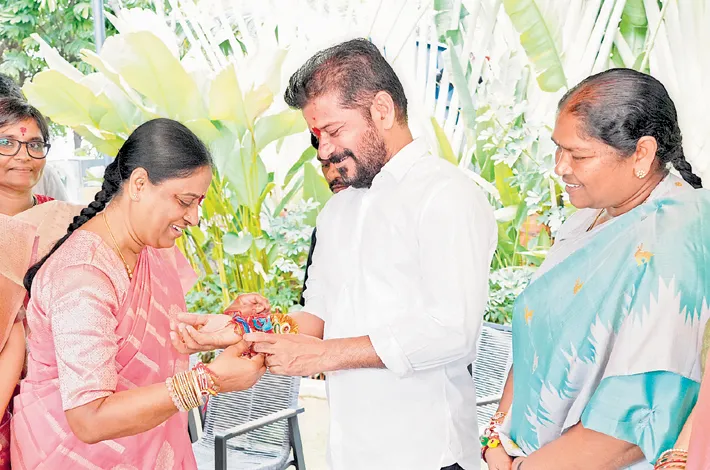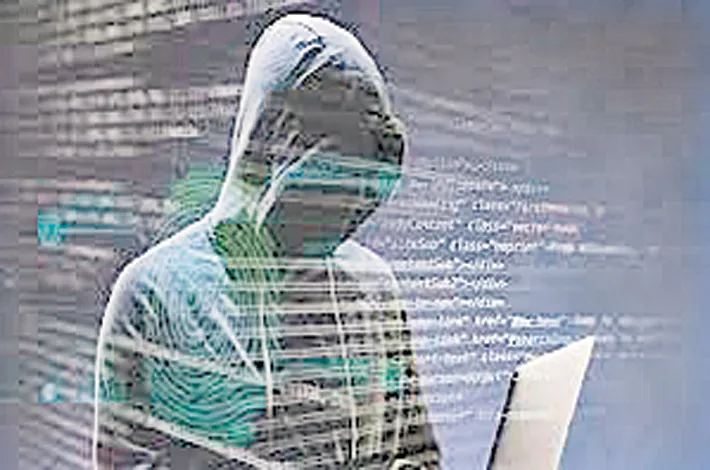Cleansing voter rolls or voter base in bihar
25-07-2025 12:00:00 AM

The numbers play up
- 56 lakh voters flagged for removal — including deceased, shifted, duplicates, or untraceable
- 18 lakh confirmed deceased voters
- 26 lakh voters recorded as shifted to different constituencies
- 7–7.5 lakh duplicate registrations across multiple locations
- 11,000–1 lakh untraceable voters (unable to be located at their addresses)
The Election Commission of India's decision to initiate a Special Intensive Revision (SIR) of electoral rolls in Bihar has triggered an intense political battle across the country. Originally introduced as a corrective administrative measure, the revision has now become the centre of a high-voltage national controversy. The move follows credible reports of mass deletions of voters across various social categories, raising serious concerns among political parties.
While the Election Commission maintains that the SIR exercise aims to clean the voter rolls of duplicates, deceased individuals, and migrated voters, the opposition INDIA bloc has accused the ruling BJP of orchestrating a deliberate effort to disenfranchise marginalized communities, including Dalits, Muslims, the poor, and migrant labourers. As tempers flare, the debate has spilled over into Parliament and state legislatures, with protests, adjournments, and public demonstrations intensifying.
The SIR was ordered in response to multiple complaints received during the routine electoral roll revision earlier this year. There were widespread allegations from civil society and opposition parties that names of lakhs of voters — particularly from Dalit, Muslim, and backward caste communities — had been removed without due process or prior notice. These claims led the ECI to act urgently and direct all District Election Officers (DEOs) in Bihar to launch a house-to-house verification of the electoral rolls.
However, what was meant to restore public trust has only intensified political tempers. Leaders of the INDIA bloc argue that the deletions were politically motivated and carried out in connivance with district officials under pressure from the ruling BJP. They fear that the very same officials may now attempt to cover up the deletion process during the SIR or selectively re-include voters based on political bias. The opposition has thus demanded the complete suspension of all ongoing SIR activities until an independent audit of the deletions is completed.
Rahul Gandhi, Akhilesh Yadav, and other senior INDIA leaders have led multiple demonstrations outside Parliament and at Vijay Chowk, calling the SIR a "scam in progress" and accusing the BJP of trying to “steal Bihar before elections.” Wearing black attire as a mark of protest, they have demanded accountability and transparency from the ECI and the Centre. Congress President Mallikarjun Kharge called it “a threat to constitutional democracy,” and claimed that the deletion of marginalised voices from the electoral list was equivalent to silencing their political rights.
Despite these protests, the Central Government has refused to hold any debate on the issue inside Parliament. Law Minister Arjun Ram Meghwal, while addressing a press conference, maintained that the ECI was acting within its constitutional domain and that the government could neither influence nor comment on the ongoing revision. The government’s stance — that Parliament has no authority over the SIR process — has only further angered the opposition.
Adding to the controversy is the ECI’s silence. Beyond a brief confirmation of the SIR dates, the commission has not issued a public clarification on how many names were deleted, how the complaints were verified, or how the re-verification will ensure justice to the affected voters. Civil society organisations like the Association for Democratic Reforms (ADR) and the National Election Watch have also demanded a full public disclosure of the deleted names, categories affected, and the criteria applied during previous rounds of revision.
In many districts, local political units of opposition parties have alleged that booth-level officers (BLOs) and district staff have already shown bias in favour of the BJP. There are also concerns that SIR forms are not being made available uniformly or that door-to-door surveys are being selectively conducted. In some areas, voters have reported being asked to produce multiple forms of ID or caste certificates — a practice not mandated under current electoral law.
The SIR in Bihar is now being closely watched as a national test case for electoral fairness. The fear, as stated by several opposition MPs, is that similar tactics could be replicated in other states if not checked now. Opposition parties have threatened to escalate the issue to the Election Commission headquarters in Delhi, and if needed, take the matter to the President of India.
With Bihar's Assembly elections expected in early 2026, the controversy has cast a shadow over the state’s electoral integrity. While the ECI has stated that the SIR is aimed at “addressing erroneous deletions,” the lack of transparency and political tempers around it could affect public trust in India’s electoral process — especially among historically marginalised communities.
As the deadline of August 24 approaches, pressure is mounting on the ECI to release real-time data, publish the methodology of verification, and ensure that no eligible voter is left out or targeted in any politically motivated manner. The next few weeks will determine whether the SIR in Bihar restores democratic faith — or deepens the cracks already visible in the electoral system.
Electoral reform or political agenda?
Lakhs of voters — particularly from Dalit, Muslim, and backward caste communities — had been removed without due process or prior notice.
ECI has stated that the SIR is aimed at “addressing erroneous deletions,” the lack of transparency and political tempers around it could affect public trust.








